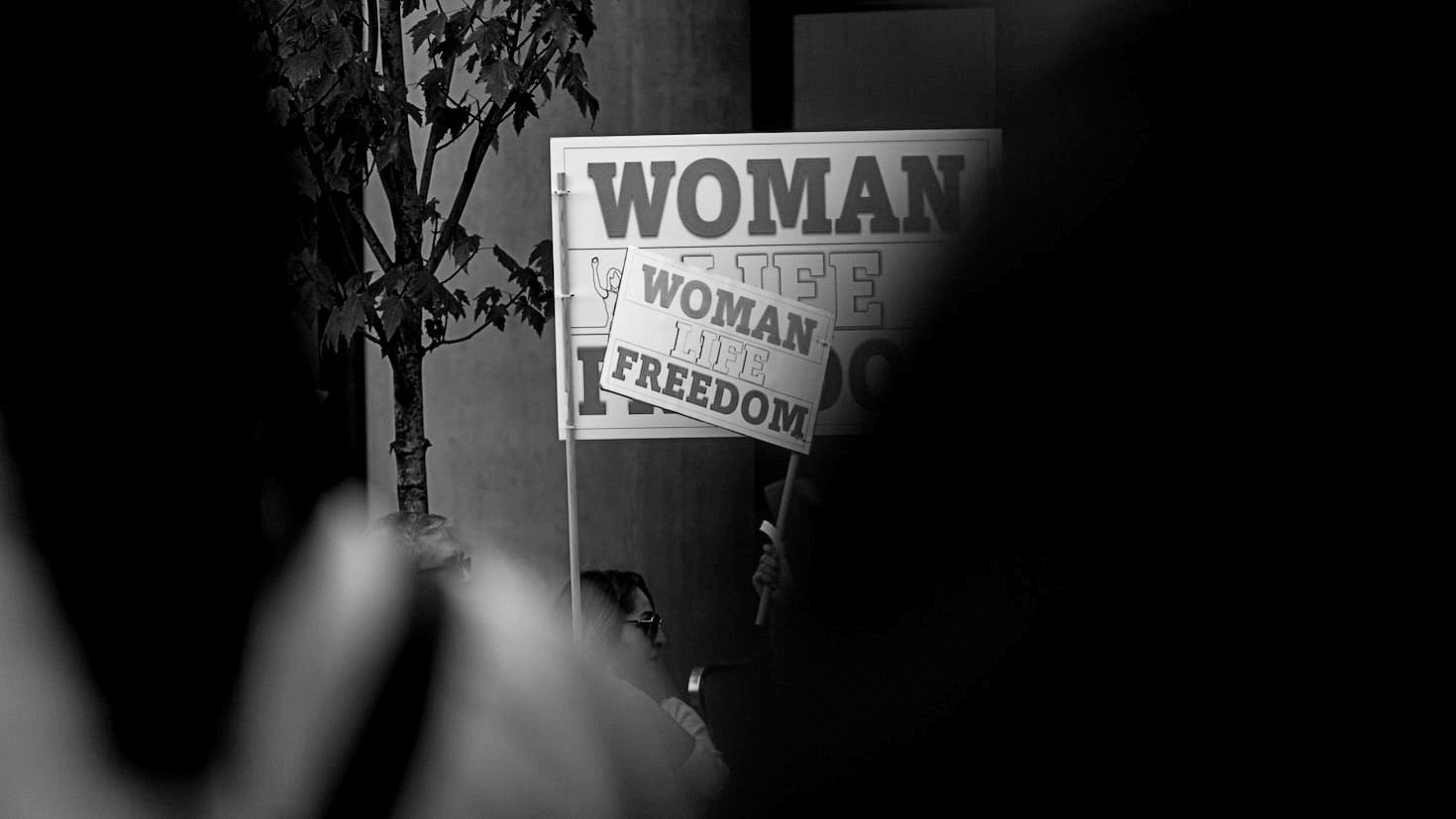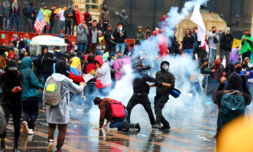Following a crackdown on anti-government demonstrations that began after a young woman died in police custody, there are rumours that over 15,000 people now face execution for protesting.
For two months, mass protests have swept Iran, defying a deadly crackdown by security forces.
Deemed the most serious challenge to the country’s authorities in decades, the anti-government demonstrations began in response to the death of Zhina ‘Mahsa’ Amini.
On September 13th, the 22-year-old was arrested for allegedly violating Iran’s strict rules requiring women to cover their hair with a hijab or headscarf.
Though it’s said she suffered a heart attack, witness reports that officers beat her head with a baton at the moment of her arrest suggest that Mahsa died in police custody and never made it to the detention centre where she was to undergo a ‘briefing class.’
Acting as the catalyst for an uprising against the absence of Iranian women’s rights, the weeks since have seen protests swell, with demands ranging from increased freedoms to a full overthrow of the state.
Women of Iran-Saghez removed their headscarves in protest against the murder of Mahsa Amini 22 Yr old woman by hijab police and chanting:
death to dictator!
Removing hijab is a punishable crime in Iran. We call on women and men around the world to show solidarity. #مهسا_امینی pic.twitter.com/ActEYqOr1Q
— Masih Alinejad 🏳️ (@AlinejadMasih) September 17, 2022
Spreading across dozens of cities and towns, protests also comprise of men and teenage boys in large numbers, as well as people from all sections of society and age groups.
Videos have shown women defiantly setting their headscarves on fire and cutting their hair in public to chants of ‘woman, life, freedom’ and ‘death to the dictator’ – a reference to Supreme Leader Ayatollah Ali Khamenei.
Seeking to quell this disobedience and isolate protestors from the outside world, authorities have repeatedly shut down mobile internet connections and disrupted the services of Instagram and WhatsApp, two of Iran’s most popular social media platforms.
They have also frequently tried to suppress the large-scale demonstrations with force, so far resulting in 326 deaths and counting – 43 of them children and at least 51 journalists – according to recent estimates from UN human rights experts.
This bloodshed and violence has largely been denied by police, despite footage of them firing into groups of protestors with live ammunition and attacking them with batons.
This is Iran today. A woman proudly burning the most visible symbol of religious dictatorship; compulsory hijab.
Hijab police killed #MahsaAmini but now there are millions of Mahsa in Iran who are shouting NO to Forced hijab NO to gender apartheid regime.#مهسا_امینی pic.twitter.com/9tzd9IRwgB— Masih Alinejad 🏳️ (@AlinejadMasih) September 19, 2022




















